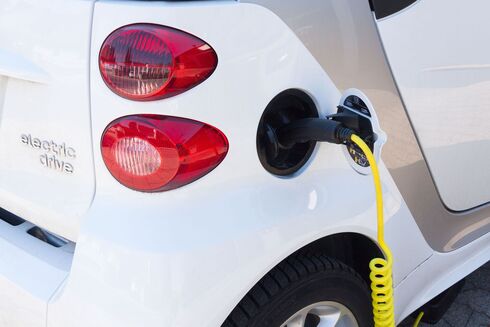
EV research gains speed
20 August 2021

The Government certainly seems to be putting its foot to the floor in its attempts to address shortcomings in existing battery technology for powering electric vehicles (EVs) and in stimulating research into new energy sources.
Four projects have just been awarded over £91 million of government and industry funding through the Advanced Propulsion Centre (APC) Collaborative Research and Development competition.
The government says these innovations could address motorists’ concerns about adopting EVs by cutting charge times and boosting driving range – issues that have been highlighted earlier on the blog.
Eventually, the technology could also help provide greener alternatives for users of HGVs and delivery vehicles, like tool hire and plant hire organisations.
One project, BMW-UK-BEV in Oxford, has been awarded £26.2 million to develop a battery with similar range to that of internal combustion engines. Another called Celeritas in Birmingham has received £9.7 million to create batteries for electric and fuel cell hybrid vehicles that can charge in as little as 12 minutes.
The Brunel project in Darlington (led by engine manufacturer Cummins) has gained £14.6 million to develop a zero emission, hydrogen-fuelled engine to help decarbonise heavy goods vehicles, while an organisation called REE has been awarded £41.2 million to “radically redesign light and medium-sized commercial electric vehicles” by moving the steering, braking, suspension and power train into the wheel arch, enabling increased autonomous capability, storage space and design flexibility.
Minister for Investment Lord Grimstone said: “By investing tens of millions in the technology needed to decarbonise our roads, not only are we working hard to end our contribution to climate change, but also ensuring our automotive sector has a competitive future that will secure thousands of highly-skilled jobs.”
This is the eighteenth round of funding coordinated by the APC which supports the development of low carbon emission technologies for cars, buses, heavy goods vehicles, and vans.
Advances like these could help in creating practical – and hopefully affordable – solutions for businesses and individuals on the road to net zero. But governments need to keep their foot to the floor in encouraging these innovations before the planned ban on new diesel and petrol vehicles in 2030.
Picture: Stux/Pixabay
● For more latest stories click here.

